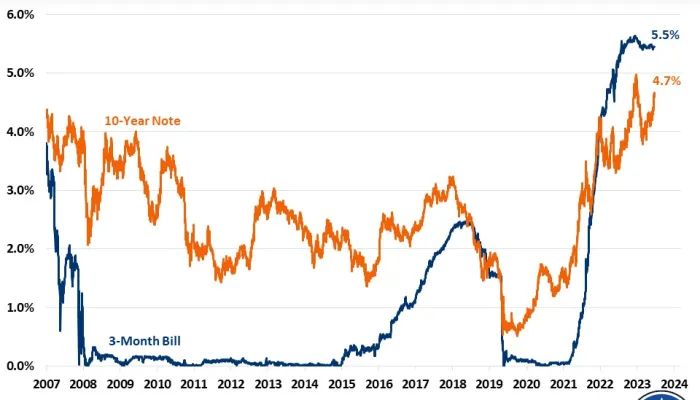Economists Explain the Announcement Effect
In a recent economic study, André Meier, Giancarlo Corsetti, and Gernot Müller found that announcing significant fiscal retrenchment (ie deficit reduction) can "actually enhance the effectiveness of today’s fiscal stimulus." This is an argument we have made before, and in fact, we started a whole club of people who agree with us.
As the writes explain (emphasis added):
the anticipation of a future spending reversal generally raises the expansionary impact of today’s fiscal stimulus through its effect on long-term real interest rates... Consequently, the future spending cuts boost current demand… But, for a positive effect to be obtained, spending cuts need to be implemented with suitable delay and/or at least with some gradualism.
The authors go on to explain that:
The effectiveness of short-run fiscal stimulus depends not only on the specific fiscal measures taken today, but also the on medium-term fiscal outlook, notably the government’s expected strategy for fiscal consolidation… to the extent that credible consolidation plans attenuate concerns about default risk, current long-term interest rates would ease above and beyond the effects captured in our analysis, further boosting current demand. …
The authors also explore the ideal timing and composition of fiscal consolidation plans, and the interactions stimulus and consolidation should have with monetary policy. Ultimately, they conclude (emphasis added):
Our results suggest that current stimulus and credible plans for medium-term expenditure restraint are complementary elements of a strategy to move the economy out of a deep recession. While care should be taken not to program very early spending cuts when monetary policy is constrained by the zero lower bound, this does not call into question the general case for identifying upfront credible consolidation measures.
To see a list of members of the Announcement Effect Club -- or nominate a member -- click here.


